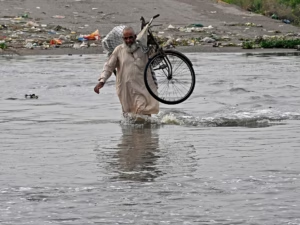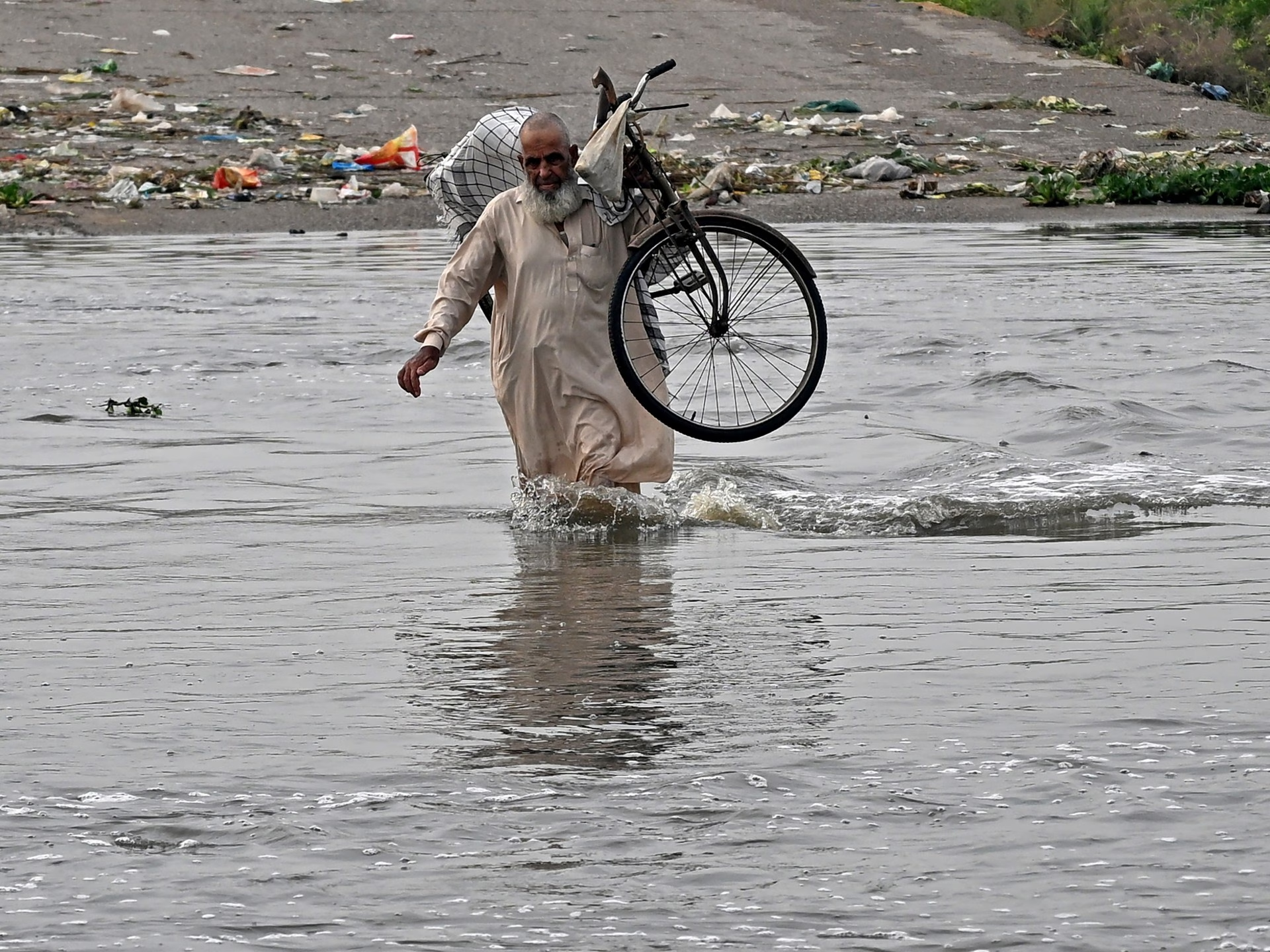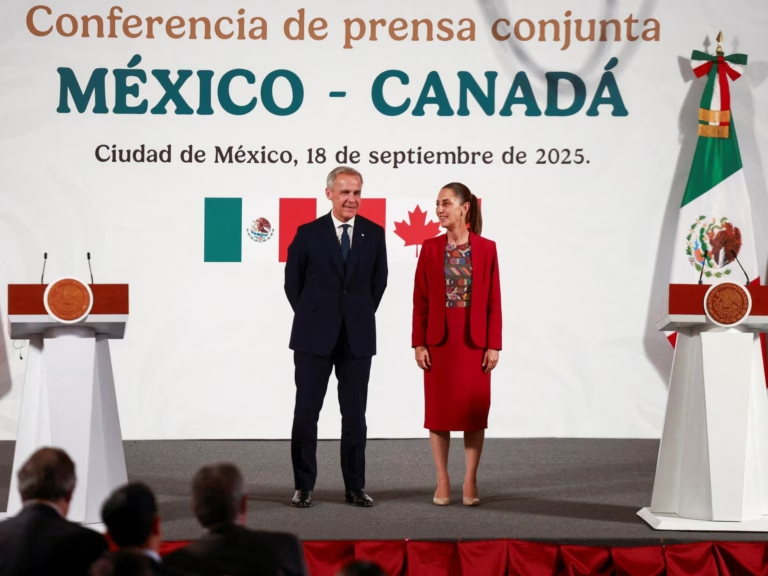According to the United Nations, more than six million people have been affected by the flooding. The National Disaster Management Authority reports that cloudbursts and heavy monsoon rains since June 26 have resulted in landslides, massive floods, and damaged over 12,500 houses, with 6,500 livestock killed and widespread crop destruction.
Recommended Stories
list of 4 items
end of list
Climate change is considered one of the factors contributing to the floods. Pakistan is among the top 10 most climate-vulnerable countries, yet it contributes less than 1 percent of global emissions.
Pakistan’s climate change minister Musadik Malik questioned the “lopsided allocation” of international funding received to combat the effects of climate change. He said that Pakistan is highly dependent on agriculture, which is threatened by climate change, particularly the melting of glaciers. This could have devastating consequences for Pakistan’s agricultural economy, which is crucial for GDP and employment.
Beyond agriculture, the consequences of climate-induced floods are extensive, including loss of life, displacement, and the destruction of infrastructure. Pakistan also faces other environmental issues like air and water pollution and the management of solid waste.
Malik criticized the global inequality in climate change responsibility and financing, calling it a “crisis of justice”. He said that countries most affected by climate change receive only a small fraction of global green financing, while the largest carbon emitters receive the majority. Pakistan’s strategy to curb climate change includes embracing their vulnerability and focusing on adapting to the climate changes that are already underway.
Malik emphasized the disconnect in language and priorities between developed nations and countries like Pakistan. For Pakistan, the issue revolves around access, affordability, and sustainability. He challenged the major emitting countries to understand and apply their climate change solutions to Pakistan, where the reality is much different.
This interview was edited for clarity and brevity.
This story was produced in partnership with the Pulitzer Center.





